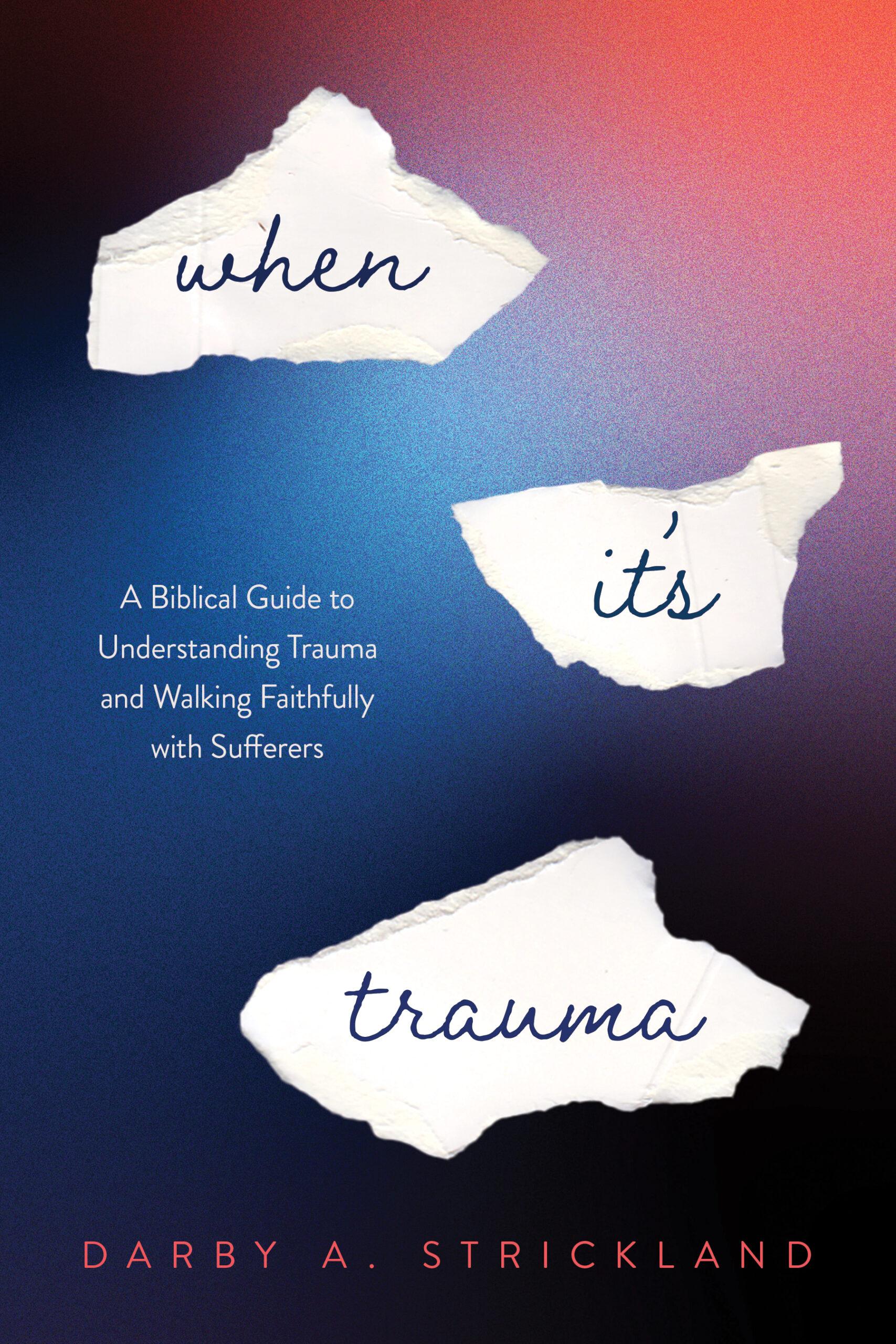Dear caregivers,
Walking alongside someone who has faced trauma is like journeying with a modern-day exile.
This is because trauma feels like exile. It uproots individuals from their familiar world, shattering their sense of safety, eroding their identity, and rewriting their life story. While they might not use the term, much of their description echoes the feeling of exile: “This isn’t my life anymore. I don’t recognize myself. I don’t know where God is.” They may feel cut off from people, the life they knew, and the God they trusted.
Scripture understands this kind of disorientation. When God’s people were exiled from Jerusalem, they didn’t just lose their homeland—they lost their sense of who they were, where they belonged, and where they fit into God’s story. Psalm 137 captures their grief: “How shall we sing the LORD’s song in a foreign land?” Trauma often poses the same anguished question: How do I worship, pray, or hope in a world that no longer seems to make sense?
As a caregiver, you’re invited to sit with someone who is in the wilderness and be a gentle presence when they feel far from home. This is no small calling. You won’t always have answers or know what to say, but your presence, rooted in Christ’s love, is a profound act of mercy. You do not have to fix what is broken. You are not the rescuer; Jesus is. But you are called to embody his nearness, staying with patience and compassion even when the path is hard. Sometimes that means listening deeply or helping name the griefs that feel too big to carry alone. Sometimes it is simply saying, “You are not forgotten. God sees you. And I’m here.”
Trauma recovery is slow, like Israel’s return from exile—step by step, sometimes opposed, and often unsure. But God delights in meeting his people in the ruins. He plants gardens in barren lands and rebuilds what has been torn down. He works not just through miracles, but through slow, steady presence, through people like you.
And if you find yourself weary in this calling, remember this: Christ walks with you. He is no stranger to sorrow. He was despised and rejected, acquainted with grief, wounded for our transgressions. Our Lord still stoops low to bind up the brokenhearted, and he delights to use those who abide in him to do so. Take heart. You walk with the One who leads from the front, bears the scars, and never leaves his people alone in the dust.
Thank you for entering stories others might avoid. Thank you for staying when it’s uncomfortable. Thank you for pointing weary hearts to the God who restores refugees and binds up the brokenhearted.
He sees you. He is with you. No tear, step, or act of faithful love is wasted.
You may never receive recognition for this work. Much of trauma care unfolds in quiet places over coffee, in prolonged silences, and during late-night prayers that no one else hears. But our Savior sees what is done in secret. He honors faithfulness that endures when healing feels far off. Every tear you hold, every story you carry, and each time you show up again reflects the profound love of Christ. In a world that often celebrates speed and visibility, you are embodying something eternal: steadfast mercy.
With you in the wilderness,
Darby
P. S. If you’re looking to grow in your ability to support others in their journey of healing, I invite you to consider reading my book, When It’s Trauma. These pages come from years in the trenches, sitting with the brokenhearted, stumbling at times, learning through mistakes and dead ends, and discovering again and again that Jesus meets us there. The book is intentionally crafted for helpers, pastors, counselors, small group leaders, and friends. In it, you will find practical guidance on how to provide Christ-centered support to trauma survivors. My hope is that it will help you slow down, listen well, and walk alongside Jesus, who restores life and makes beauty grow in desolate places.




